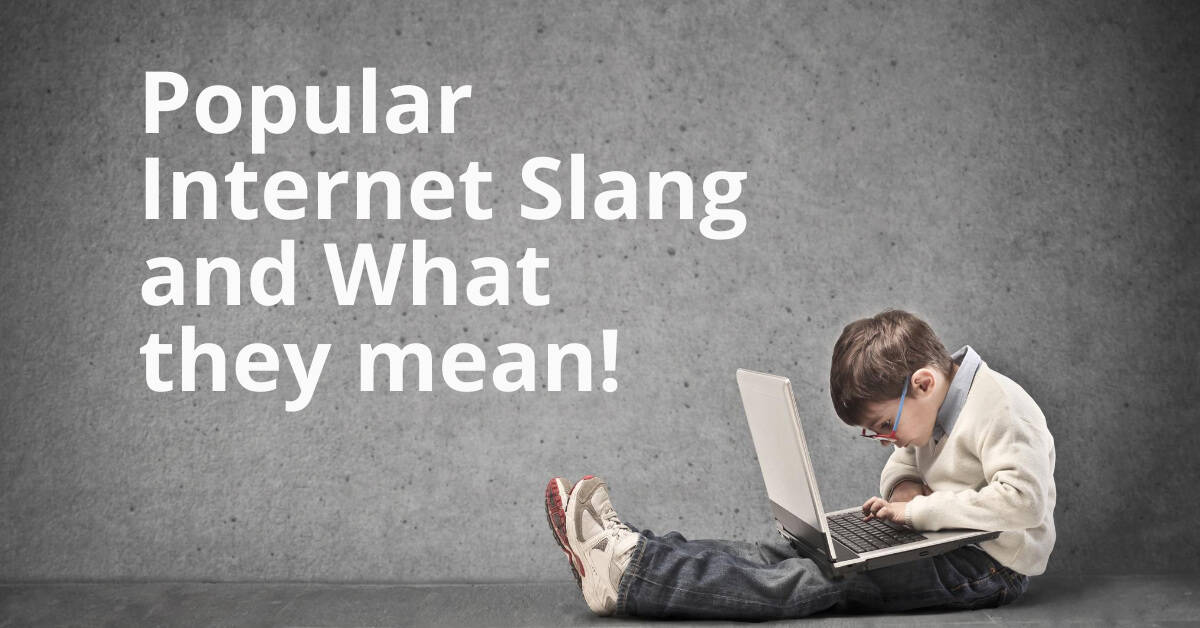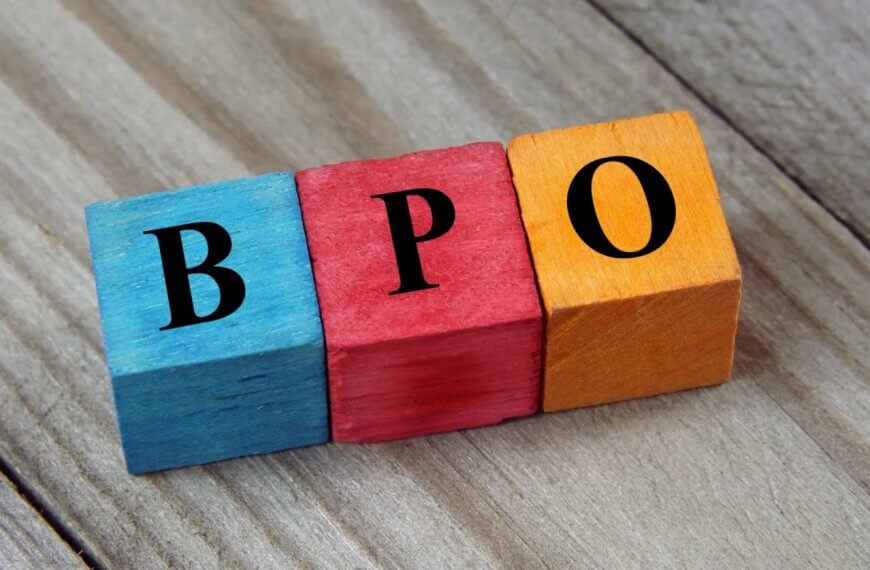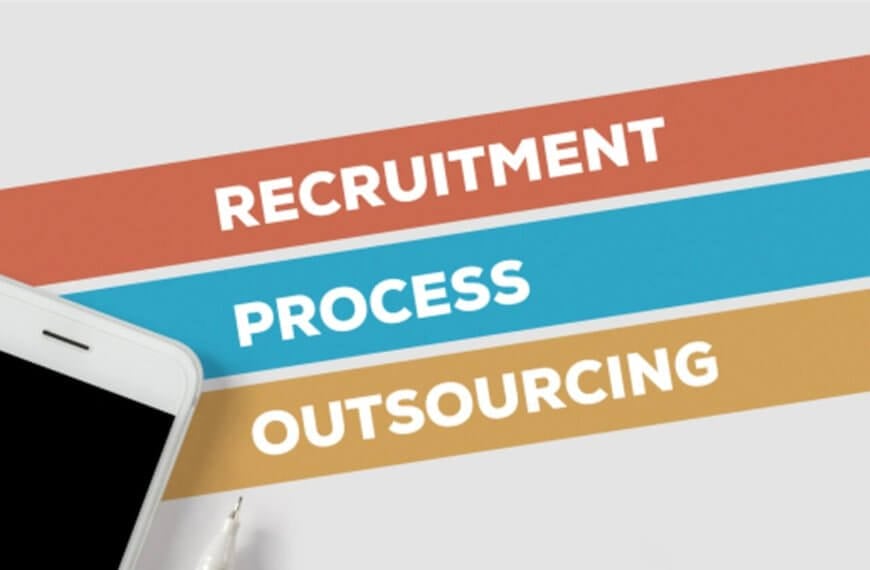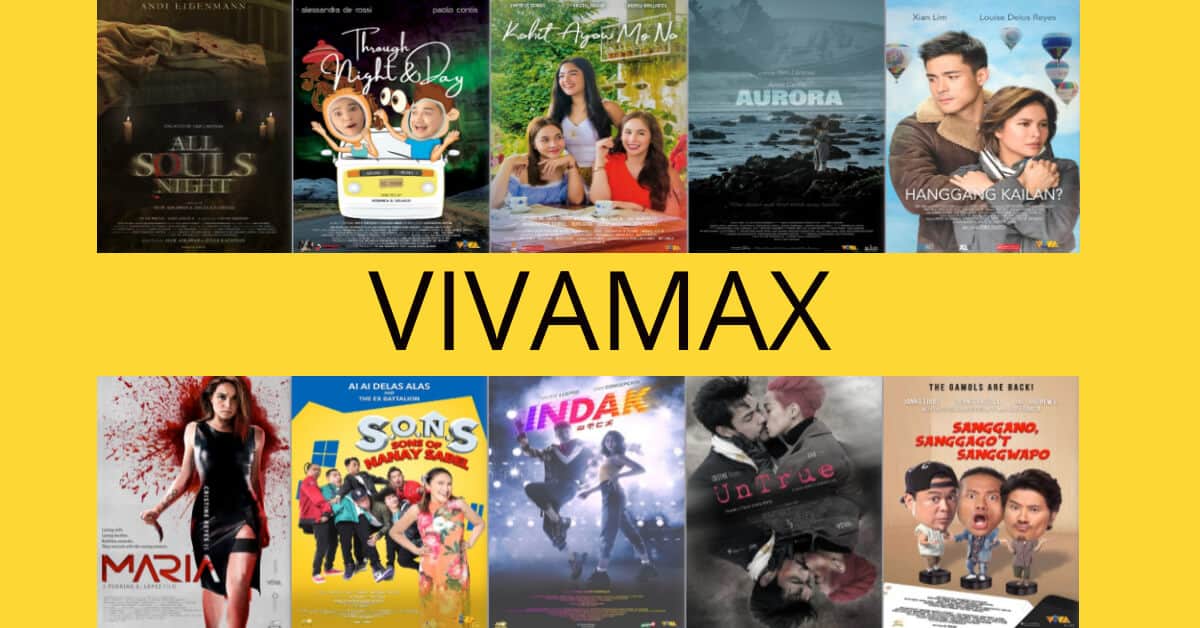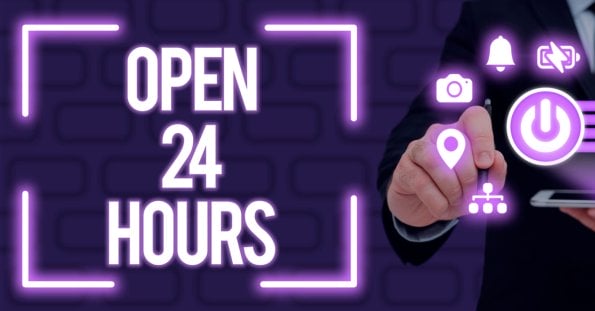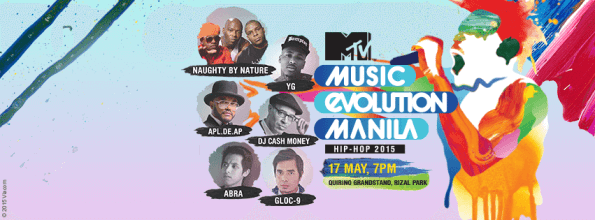Internet slang is a type of slang used online. It is informal, irregular, dynamic, and used by speakers. Speakers may use distinctive pronunciation (accent), lexicon (word choice), or morphology and syntax when using internet slang.
Why teenagers use Internet Slang?
-” A lot of teen slang is used to express feelings and ideas.”
– Teenagers use slang to show their independence.
-” Teens use slang to make themselves feel better about their lives.”
– Teens use slang to show that they aren’t like other teenagers.
– “Teens use slang to show how much they care about each other.
– “Teenagers use slang to show that others should listen to them.
Top 10 Internet Slang you should know
Internet slang is a language used online. It’s different than regular English, and it’s often used by people who don’t speak English well.
It’s a lot easier to use internet slang than it is to learn a whole new language. That’s why it’s important to understand what internet slang means.
Here are the top ten most common internet slang terms:
- 10. LOL – Laugh out loud
- 9. ROFL – Rolling on the floor laughing
- 8. WTF – What the f*ck?
- 7. OMG – Oh my god
- 6. AYFKM – As y’all know
- 5. FTW – For the win
- 4. BRB – Be right back
- 3. TTYL – Talk to you later
- 2. IMO / IMHO – In my opinion, In My Honest Opinion
- 1. LMFAO – Laughing my *ss off
There are many more internet slang words, but these are the ones you’re most likely to hear. So next time you see one of these phrases, you’ll know exactly what it means.
Sociolinguistic theory
Sociolinguistics is the study of how language affects society.
The main idea behind sociolinguistics is that every person has a unique way of speaking. This can be influenced by where someone grew up, what kind of education he/she received, and even his/her ethnicity.
The purpose of sociolinguistics is to explain the relationship between language and culture.
What does this mean? Well, for example, if you grow up in an area with lots of Spanish speakers, then you probably have a different accent from someone who grows up in an area with only English speakers.
This difference in accents can lead to misunderstandings between two people who don’t share the same background.
In addition, there are certain words that are considered offensive in some cultures, while others consider them perfectly normal.
Even though we all use language differently, we still need to respect each other and try our best to communicate with each other.
That’s because communication is essential to human interaction.
How to stay on top of trends in terminology
Online slang changes fast, but there are some common words that parents should know. There are many different types of slang, including teen slang, urban slang, and Internet slang. Parents need to understand these terms so they can help their children stay safe online.Teachers and other parents should stay connected and informed about new slang or terminology trends by speaking with students. Parents can ask their children to translate slang they don’t understand. This conversation could lead to meaningful discussions.
Social media Slang for businesses
- B2B – Business to business. Refers to companies that cater to the needs of other businesses.
- B2C – Business to consumer. Refers to companies that sell products or services directly to customers.
- CMS – Content management system. The tool you use for editing, scheduling and publishing any form of written material for the web.
- CPM – Cost per thousand impressions or cost per mille. Used for measuring ad impressions instead of clicks.
- CR – Conversion rate. A measurement of the number of people who took the desired action divided by the number of people who could have.
- CRO – Conversion rate optimization. This refers to the measures you take to improve conversion rate.
- Call to action . A statement that encourages the audience to take a certain action.
- Click-through rate . The percentage of people who took the action of clicking on a link when given the option.
- Return on investment . It’s a measure of how much you earned considering the amount of money you spent to get those earnings
- SMB – Small and midsize/medium businesses
- SMP – Social media platform Social media marketing
- SMO – Social media optimization
- SoLoMo – Social, local and mobile. The merging of mobile marketing with social media marketing efforts that are locally targeted
- SRP – Social relationship platform. A centralized platform that lets you publish content on multiple social media networks and then monitor and analyze the results
- TOS – Terms of service User-generated content
Technical Slang for Online Marketers
- API – Application programming interface. It refers to a set of rules that determine how pieces of software interact with each other.
- CX – Customer experience
- GA – Google Analytics
- ISP – Internet service provider.
- PV – Page views.
- RSS – Really simple syndication or rich site summary. A feed of all the published content from a source, typically a blog.
- SaaS – Software as a service.
- SEM – Search engine marketing.
- SEO – Search Engine Optimization
- SOV – Share of voice.
- UI – User interface. The visual aspect of a tool that a person uses for controlling it.
- URL – Uniform resource locator. The web address used for identifying a website or page.
- UX – User experience. This refers to the best practices around how people can easily interact with and perform actions within a website or application.
Social media slang
- ¯\_( ? )_/¯ – A shrug expression used to convey indifference. Often used in place of “whatever,” “doesn’t matter,” “who knows” or “why not”
- Clickbait – The practice of using a provocative title with the sole purpose of driving clicks.
- Cray – Abbreviation for crazy
- Crush it – When someone’s doing particularly well on something, they are crushing it.
- Facepalm – When someone does or says something that’s unbelievably stupid.
- Fam – Short for family. Refers to a person or a group of people you consider family.
- Fire – When something is exceptionally good. The fire emoji is often used for the same purpose.
- I can’t even – Indicates the speaker’s inability to convey their emotion because they’re either overjoyed or frustrated.
- It me – Used when someone can relate to something, usually a quote or meme. Evernote cleverly uses it in the following tweet where it shared the tool’s top functions and used “it me” as a caption.
- Lit – Used to describe something that’s “happening.”
- On fleek – On point
- Savage – When someone or something is extremely harsh. Often used as a commendation.
- Slay – Like “crushing it,” you’re “slaying” something if you do it exceptionally well.
- Slide into someone’s DMs – The practice of randomly sending a DM to someone.
- Squad goals – A term used to describe something that you would like your group to become or achieve.
- Thirsty – When someone is too eager or seems too desperate.
- Throwing shade – The act of publicly denouncing or disrespecting someone. Often used in reference to sarcastic remarks against someone or something.
- Trendjacking – When users take over a trending topic with irrelevant content.
- Yaas – A particularly enthusiastic form of “yes.” You could use as many A’s as you’d like.
How New Words Make It Into the Dictionary
LOL, an abbreviation for laughing out loud, was invented by Richard Williams in 1971. He used it as a joke on a computer bulletin board system. In 1980, he posted it on Usenet, a network of computers connected via telephone lines. Word spread quickly, and soon people were writing LOL on paper notes left on desks and walls, and even on the bottom of shoes. By 1982, the term had made it into print in the OED.
There are plenty of internet slang terms that don’t make it in, like wurfling (the act of surfing while at work). But saying that word was rejected would also be wrong — that word among many others, will return if its use grows. The dictionary is alive, and there’s always the chance a previously downvotted word will make it into mainstream vocabulary in the future, but that’s where even the word’ slang gets a little fuzzy. A word is considered “slang” as long as it remains in common usage, but when exactly does a word become real?We use dictionaries to learn new words. But dictionaries aren’t always right. And sometimes, they get things wrong. For example, the term “crap” was once defined as “excrement” or “garbage”. That definition has been removed from most dictionaries now. But the word still exists in common parlance. In fact, the word “crap” is often used by people who do not understand the meaning of the word. Some people use the word as an insult. Others use it to describe something they consider worthless.
Understand slang before you use it so as not to offend anyone if used wrongly.
